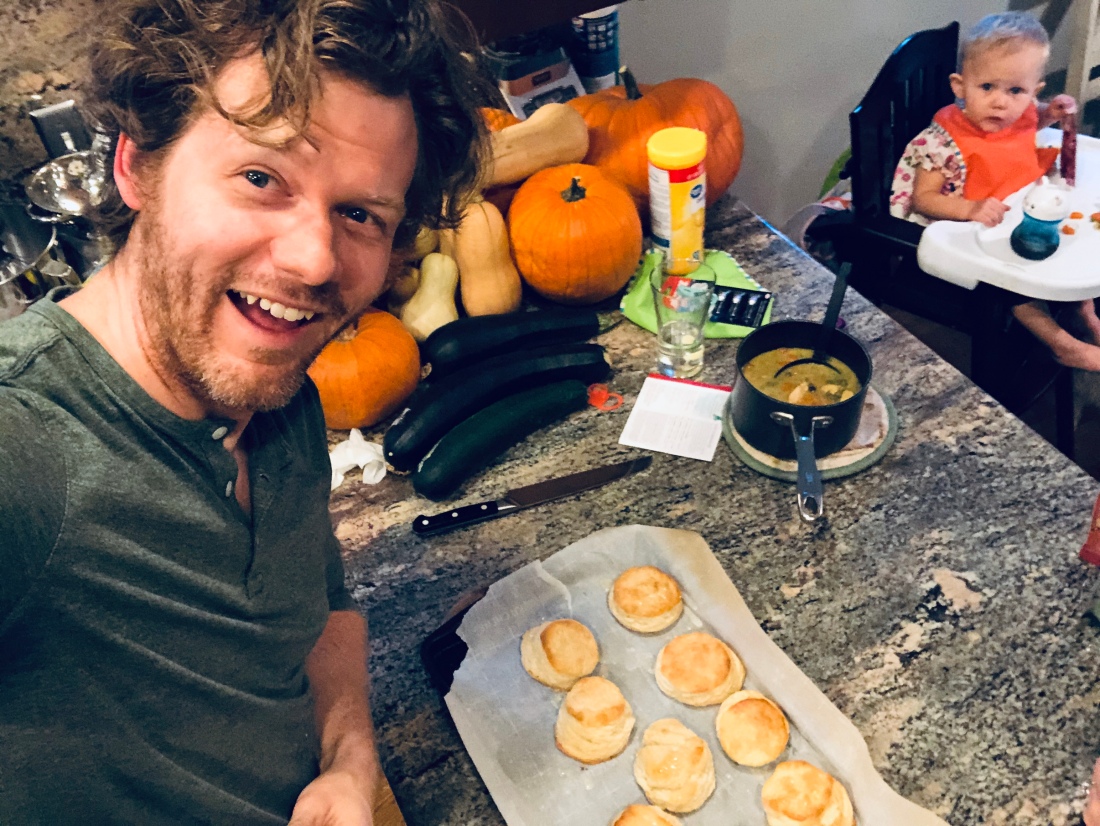
After barely a minute of social media scrolling over the weekend, I came to the realization that I’m probably the only person who doesn’t go to Halloween parties as an adult.
Which, great, check another one for me in the ABNORMAL PERSON box. It’s a pretty full list at this point.
After a while, if you’re on The Life Autistic with me, you’re probably discouraged from time to time about difference.
We want to be accepted and valued for our differences without having to “fit in” and lose our difference.
“But Hunter, you’re—”
No, lemme just stop ya there.
No one’s thinking “Oh, look at that dude opting out of parties like a cool guy, prioritizing his health, ensuring he’s not putting himself in a spot to look like an idiot” — no.
Or “Look at that girl’s radical and non-traditional interests; I wish I were different enough to not feel I need to follow a trend” — no.
No one sees my borderline odd routines and rituals (screaming early rising, mid-day workouts, unvaried eating habits, scheduled work blocks that have to start on the hour or half hour, etc) and thinks “Man, this guy practices the unlocked secret to efficiencies and gets it done!” — no.
If you’re considered weird and different, then your actions are weird and different. Welcome to The Life Autistic!
I could campaign around ‘Make Difference Great Again.’
To the fella who can’t be bothered to be dragged to a party, instead of ‘lame,’ ‘anti-social,’ and ‘boring,’ why not ‘image-conscious,’ ‘selective about experiences,’ and ‘confident enough to value time alone?’
To the gal with the niche interests, maybe less of the ‘offbeat’ and ‘weird’ and more ‘unashamedly bold in taste’ and ‘an individual, only more so?’
Personally, I’d love hearing less of “inflexible” and “rigid” and more “efficient,” “diligent,” and “thoughtfully tuned,” but y’know, I can’t have everything.
Difference stands out, but does it stand tall?


